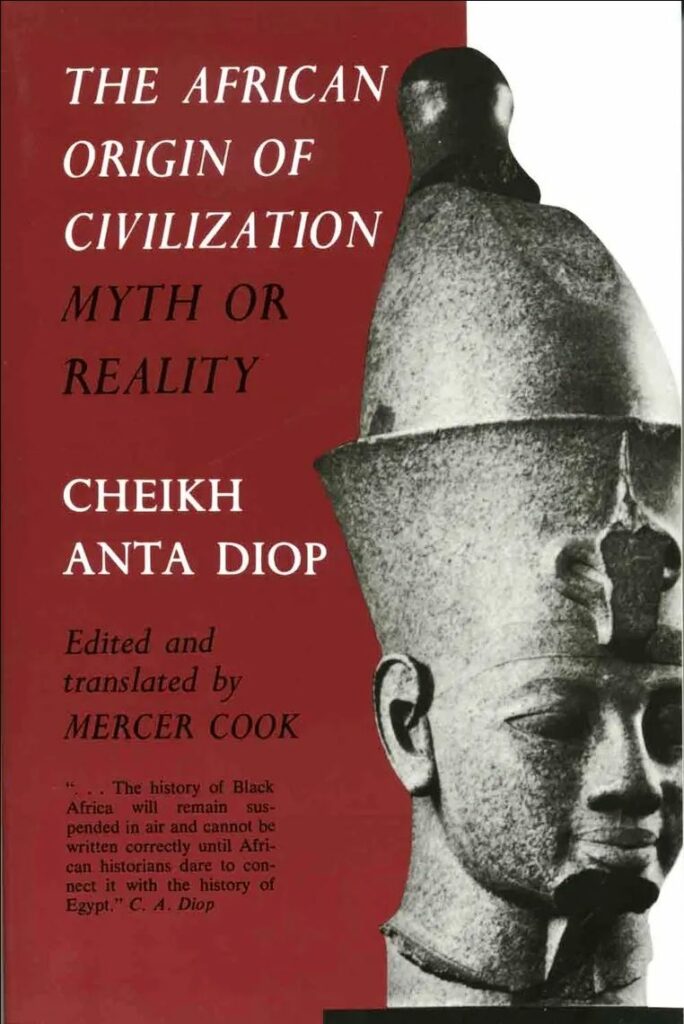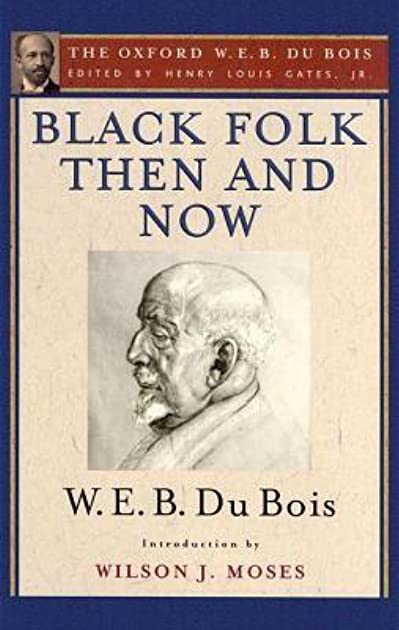“History is above all our studies the most attractive and best qualified to reward our research. As it develops the springs and motives of human actions and displays the consequence of circumstances, which operates most powerfully on the destinies of the human being.” —The Most Honorable Elijah Muhammad

According to Middle East Eye, some Egyptians have taken the term “Whitewashing”—the deliberate attempt to conceal unpleasant or incriminating facts—and have taken to Twitter to misconstrue and misappropriate the original term and accuse comedian Kevin Hart of “Blackwashing” Egyptian history.
The Atlanta Black Star reported Hart stated that ancient Egyptians were Black. Middle East Eye reported that many in Egypt are calling for Hart’s February 21 show in Cairo to be canceled. The publication also noted that many on social media posted claims like “Coptic Christians, who number between 10 and 15 percent of Egypt’s population, are the most direct descendants of ancient Egyptians.”
Cheikh Anta Diop is a noted scholar, historian of ancient Africa, physicist, philosopher, Egyptologist and past director of the radiocarbon laboratory at the Institute Fundamental D’Afrique Noire at the University of Dakar. Diop opens his 1974 must-read, “The African Origin of Civilization: Myth or Reality” by giving homage to the Greek historian and geographer Herodotus.
Herodotus has been called the “father of history” and a leading source of original historical information for much of western Asia and ancient Egypt. In his book, Diop begins in chapter one, explaining that on several occasions, “Herodotus insists on the Negro (Black) character of the Egyptians and even uses this for indirect demonstrations.”

According to Herodotus, “The Egyptians said that they believed the Colchians (Black-skinned Egyptians) to be descended from the army of Sesostris. My own conjectures were founded, first, on the fact that they are black-skinned and have woolly hair … .” wrote Diop.
Diop also writes, “Diodorus of Sicily claims that Egyptian civilization came from Nubia, the center of which was Meroe. In fact, by following data provided by Diodorus and Herodotus on the site of that Sudanese capital, Cailliaud (circa 1820) discovered the ruins of Meroe: 80 pyramids, several temples consecrated to Amon, Ra, and so on. In addition, quoting Egyptian priests, Herodotus stated that of the 300 Egyptian Pharaohs, from Menes to the Seventeenth Dynasty, 18 rather than merely the three who correspond to the Ethiopian ‘dynasty’ were of Sudanese origin.”
This author has seen with my own eyes in Sudan, where I once lived, what Diop writes about as the “pyramids similar to those in Egypt” and about pieces of ancient ruins, I witnessed in Sudan’s National Museum. These ancient ruins are described in Diop’s book as displaying “Meroitic writing … closely related to Egyptian writing.”

In his 1939 book, “Black Folks Then And Now,” renowned scholar, historian, and social scientist W.E. B. Du Bois, argues, “If then, the Sphinx (with its African features) was placed here—looking out in majestic and mysterious silence over the empty plain where once stood the great city of Memphis in all its pride and glory, as an emblematic representation of the king—is not the inference clear as to the peculiar type of race to which that king belonged?”
Du Bois even answers the naysayers “who deny the presence of Negro blood to any extent in Egypt is large.” He points out, “One must remember that Egyptology, starting in 1821, grew up during the African slave trade, the Sugar Empire and the Cotton Kingdom. Few scientists during that period dared to associate the Negro race with humanity much less civilization.”
More insight can be gleaned from Du Bois’s book of essays, “The World And Africa,” where he gives substance to the migration of “other people” into Egypt.
“In the meantime, other people, Mongoloids, filtered in from Asia. As the years passed a fixed type of Egyptian began to develop,” Du Bois writes. In “Black Folks Then And Now” he notes that the Black race from the earliest times and “gradually through the infiltration of Mediterranean and Semitic elements became what would be described in America as a light mulatto stock of octoroons or quadroons.”
Hart’s critics mostly stem from an interview he did where he is quoted as saying, “We must teach our children the true history of Black Africans when they were kings in Egypt and not just the era of slavery that is cemented by education in America. Do you remember the time when we were kings?”
The comedy star is currently on his “Reality Check” comedy tour. On Dec. 9, he announced that he will be bringing his tour to Cairo, Egypt. The Atlantic Star reported, “Neither Hart, 43, nor his team have publicly addressed the matter at the time of this report.”
Follow @JehronMuhammad on Twitter













